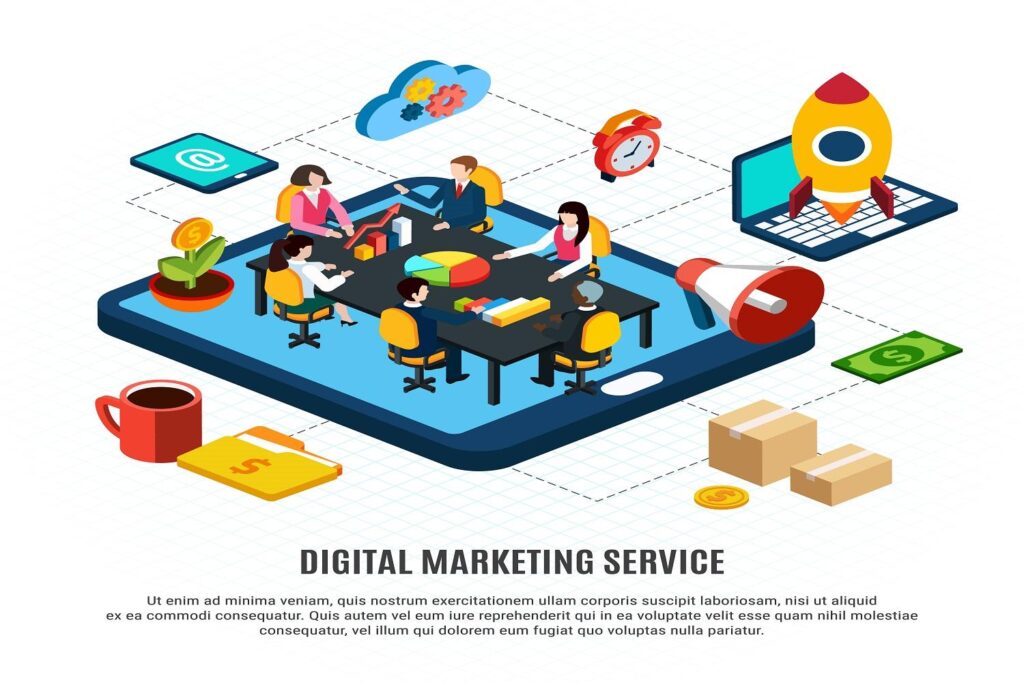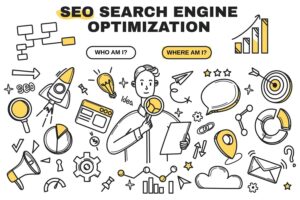
The evolving nature of digital marketing means agencies are under growing pressure to scale quickly, stay competitive, and offer cutting-edge services without ballooning internal costs. Enter white-label digital marketing, a model that allows agencies to deliver high-value marketing services under their brand, powered by third-party experts. But to stay relevant and competitive in 2025, it’s essential to stay on top of the key trends shaping this industry.
AI-Powered Campaign Execution
Artificial intelligence is now central to everything from keyword research to audience targeting and A/B testing. White-label providers are increasingly integrating AI into their service delivery, not only to improve efficiency but also to uncover data-driven insights that manual processes might miss. Agencies that partner with AI-forward vendors can deliver faster results and smarter strategies to clients.
Focus on Omnichannel Strategy
Clients are no longer satisfied with siloed campaigns. The demand is for integrated solutions that span search, social, email, content, and paid media. White-label agencies that offer cohesive omnichannel strategies, along with unified reporting, are gaining traction. The ability to maintain consistent messaging across platforms while tracking cross-channel ROI is a major competitive edge.
Niche Expertise Over Generalisation
The market is shifting away from “one-size-fits-all” digital marketing. Clients increasingly prefer agencies that understand the unique challenges of their sector, be it healthcare, real estate, or e-commerce. As a result, white-label partners are offering specialised packages tailored to specific industries, combining regulatory awareness with bespoke strategies.
Real-Time, Branded Reporting Dashboards
Transparency has become non-negotiable. Clients want real-time access to campaign performance, traffic trends, and lead data, all within branded, client-facing dashboards. The best white label providers offer intuitive platforms where agencies can track KPIs, share updates, and automate reporting, all while keeping their branding front and centre.
Greater Emphasis on Content Quality and Strategy
As Google’s algorithms grow more sophisticated, superficial SEO tactics are fading. Content must now be original, authoritative, and strategically planned. White-label services that include advanced content strategy, such as topical authority maps, pillar-cluster models, and editorial planning, are becoming increasingly sought after.
Agile and Scalable Infrastructure
Whether it’s onboarding 10 clients in a week or pivoting strategy after a Google update, agility is now a core expectation. Top white label providers offer scalable services with flexible contracts, fast turnaround times, and dedicated account managers ready to adapt on demand.
The landscape of white-label digital marketing is evolving fast. Agencies that understand and leverage these emerging trends will be best positioned to deliver value, scale operations, and build long-term client relationships in a competitive digital economy.







